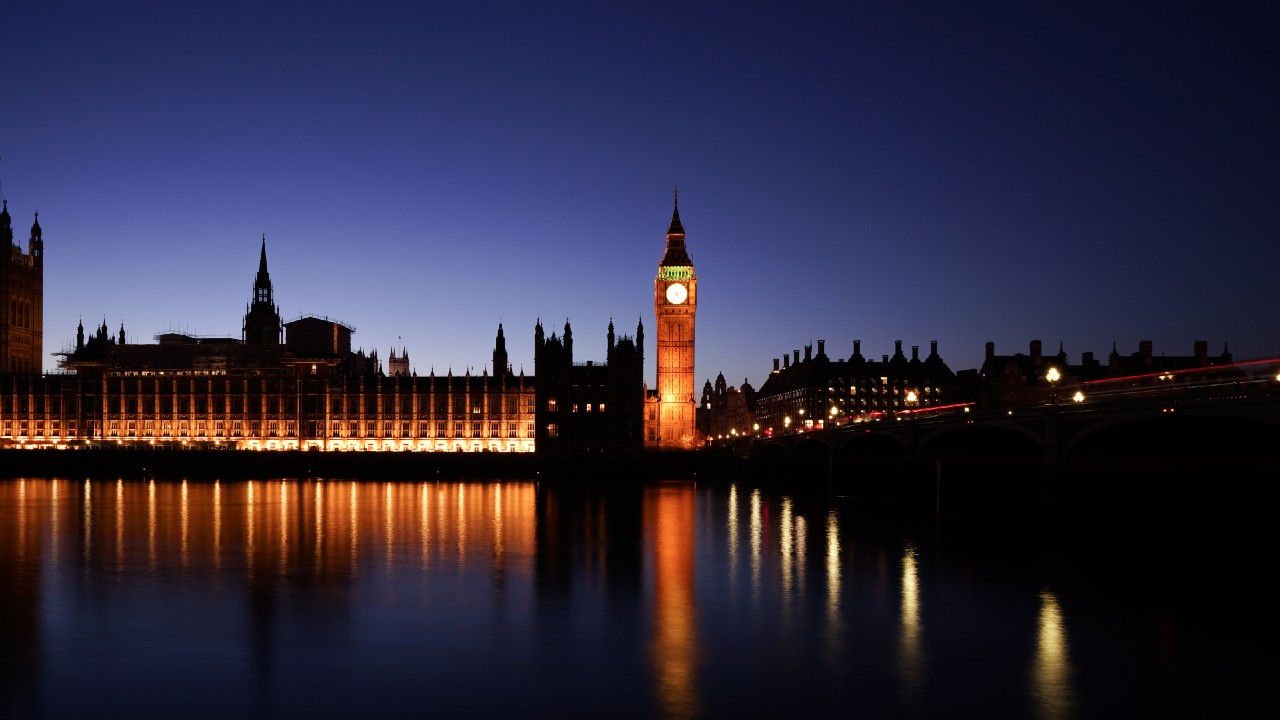Plain packaging, also known as standardised packaging, was fully implemented in the UK in May 2017 for factory-made cigarettes and roll-your-own/hand-rolling tobacco. The policy stipulates the removal of all brand images, colours and promotions from tobacco product packaging. Instead packaging must be standardised in terms of shape, colour, text design and minimum contents volume.
The Tobacco Control Research Group (TCRG) at the University of Bath has been mapping the impact of this policy, from the response of the industry to early suggestions of plain packaging, to the effect on the tobacco market now the policy is in place.
Read detailed information about the UK's journey to plain packaging on the Tobacco Tactics website
How the policy developed
Plain packaging was first mentioned in 2008, but it took nine years before it finally appeared on UK shelves. During this time, the tobacco industry tried hard to prevent the policy ever becoming law. Our research shows how the tobacco industry spread misinformation about the potential impacts of plain packaging. They raised fears of an increase in tobacco smuggling and organised crime, and said the rules would sound a death knell for small retailers. They claimed that there would be no reduction in smoking rates.
Reviewing the evidence submitted by the tobacco industry on the potential impacts of plain packaging, we showed that the companies had failed to cite any independent, peer-reviewed evidence which supported their arguments. A significant amount of evidence offered was financially linked with at least one tobacco company, but the vast majority of these conflicts of interest were not declared in their submissions to the Department of Health.
Read more about how we debunked the tobacco industry's myths about plain packaging
Research given in evidence
On 11 March 2015, MPs in the House of Commons voted in favour of plain packaging, and the legislation was subsequently accepted in the House of Lords.
In May 2015, Philip Morris International and British American Tobacco filed separate lawsuits challenging the UK law, citing projected loss of income, breach of intellectual property and violation of UK and European Law. They were joined in their legal battle by Japan Tobacco International, who filed a High Court action on the basis that standardised packaging measures infringed the UK’s obligations under World Trade Organisation rules.
The legal claims were rejected in the High Court, and plain packaging legislation came into force on 20 May 2016. The High Court ruling relied partly on two key pieces of peer-reviewed research from TCRG to conclude that evidence submitted by the tobacco industry to the public consultation on plain packaging ‘generally fell below best practice’ as it was not peer-reviewed, bench-marked against internal documents, did not make use of global literature and was not verifiable.
Impact of plain packaging
Tobacco companies were given a 12 month transition period to May 2017, during which selling existing traditional branded packs was still legal. Researchers at TCRG continued to monitor industry behaviour and performance in this period, to understand how companies were reacting to the change in policy, and what the impact would be on the UK tobacco market.
Our research showed that during the transition period, the industry remained very active in trying to protect its sales and promote its products. Tobacco companies continued to advertise their products in retailer magazines but also started to increase focus on products not covered by the legislation such as cigarillos and roll-your-own papers. Traditional packs remained on display for as long as possible, with retailers given financial incentives to buy old-style stock.
Manufacturers began to change the names of products to comply with new legislation whilst at the same time attempting to continue consumer beliefs that some products were less harmful. Some companies introduced bevelled edge packs to give a more tactile, premium feel and to differentiate their packs from others. Philip Morris launched a resealable pack for its Marlboro brand, marketing it as a means of keeping every cigarette as fresh as the first.
As well as introducing the plain packaging law, the UK government introduced a Minimum Excise Tax (MET) on factory-made cigarettes in May 2017. This meant that each pack of cigarettes accrued a higher minimum amount of tobacco tax in order to discourage manufacturers from selling packs at cheap prices.
Our research showed that despite industry efforts, the combination of plain packaging and the introduction of the MET resulted in a significantly increased decline in monthly tobacco sales, and also resulted in a fall in company profits.
Read more about the impact of plain packaging legislation in the UK
Policy recommendations
While plain packaging has been shown to be effective in reducing smoking rates, there are a number of areas where legislation could be strengthened. Cancer Research, who provided funding for TCRG to carry out this study, has produced a document summarising the findings and offering a number of policy recommendations. Read the full research report and recommendations from Cancer Research
The research TCRG has conducted also allows us to make recommendations to other countries considering the introduction of plain packaging:
- Implement plain packaging in combination with a robust tobacco tax system.
- Close all legislative loopholes, including applying plain packaging to all tobacco products and accessories, for example by including cigarillos, cigars, pipe tobacco and filter papers.
- Restrict brands to one variant and ban new brands.
- Introduce plain packs very quickly after legislation with no or only a very short transition period in order to a) remove branding quickly and reduce tobacco sales as soon as possible; and b) prevent tobacco companies from creating new products and notifying consumers about changes to product names.
- Reject misleading tobacco industry arguments.
- Consider a ban on filters as they do not reduce harm from tobacco smoke, despite tobacco companies continuing to innovate and market filters to suggest a healthier product. Filters also cause significant environmental damage with discarded cigarette filters causing plastic pollution and leaching toxic chemicals.


